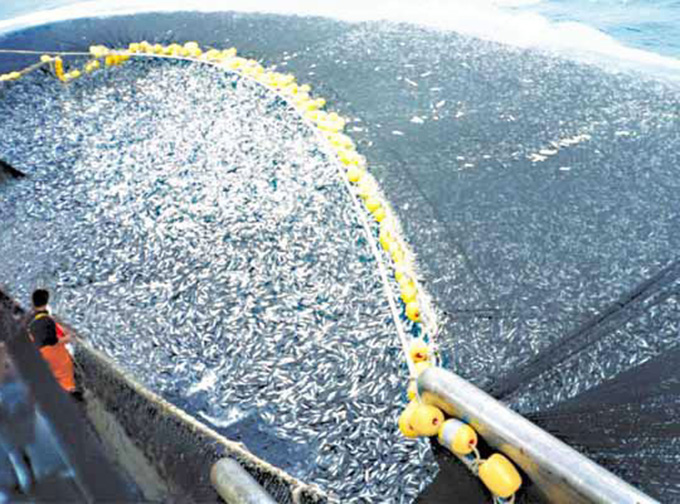
By Lucy Craymer in Hong Kong
United States boats might soon be allowed back into the world’s best tuna fishing waters after the 17 Pacific states that control the waters offered to compromise in an attempt to end a six-week standoff.
A group of Pacific island states — which includes small islands and atolls such as Tuvalu, Tokelau and the Marshall Islands — along with New Zealand and Australia have been refusing to issue fishing licences to around 36 US vessels to trawl in their waters since the start of the year after their owners, typically tuna-supply companies or individuals, refused to meet payments agreed to in August last year.
The standoff means US boats cannot access seas where around half of the world’s skipjack tuna are caught each year. It is also endangering a vital revenue stream for some of the world’s poorest nations.
The Pacific island countries have now agreed to sell fewer fishing days to the US boats, in line with the US’s request, with the remaining days to be sold to fleets from other countries or local boats, said James Movick, Director-General of the Pacific Islands Forum Fisheries Agency.
The agency has been responsible for negotiating the fishing agreement on behalf of the Pacific states.
Pacific island countries aim to both raise revenue and manage tuna stocks by selling fishing days each year to either countries or companies, which in turn allocate them to different vessels. The minimum price for one fishing day is US$8000.
Significant changes
The current dispute first arose in November when the US government asked for significant changes to the August agreement it made on behalf of the American Tunaboat Association. It had agreed to pay $68 million so that its member boats could fish for 6250 days collectively.
The first quarterly payment toward that was due at the end of December, in time for licences to be issued at the start of January.
The association now wants to cut the fishing days by 30 percent and reduce its payment by $23 million, blaming sharply lower tuna prices. The US is entitled to its allocation of fishing days under a nearly 30-year-old treaty that is linked to a $21 million annual aid payment to the islands.
The new proposal “should satisfy the US without the need for any further negotiation,” and he is hopeful that licences will be able to be issued over the next couple of weeks, Movick said.
No specific details have been released about the new proposal. Movick said negotiations werecontinuing.
The US has officially withdrawn from the treaty beginning in January 2017 and new negotiations over access for U.S. boats will be undertaken over the coming year, Movick added.
Lucy Craymer is a Wall Street Journal correspondent in Hong Kong.
—








































